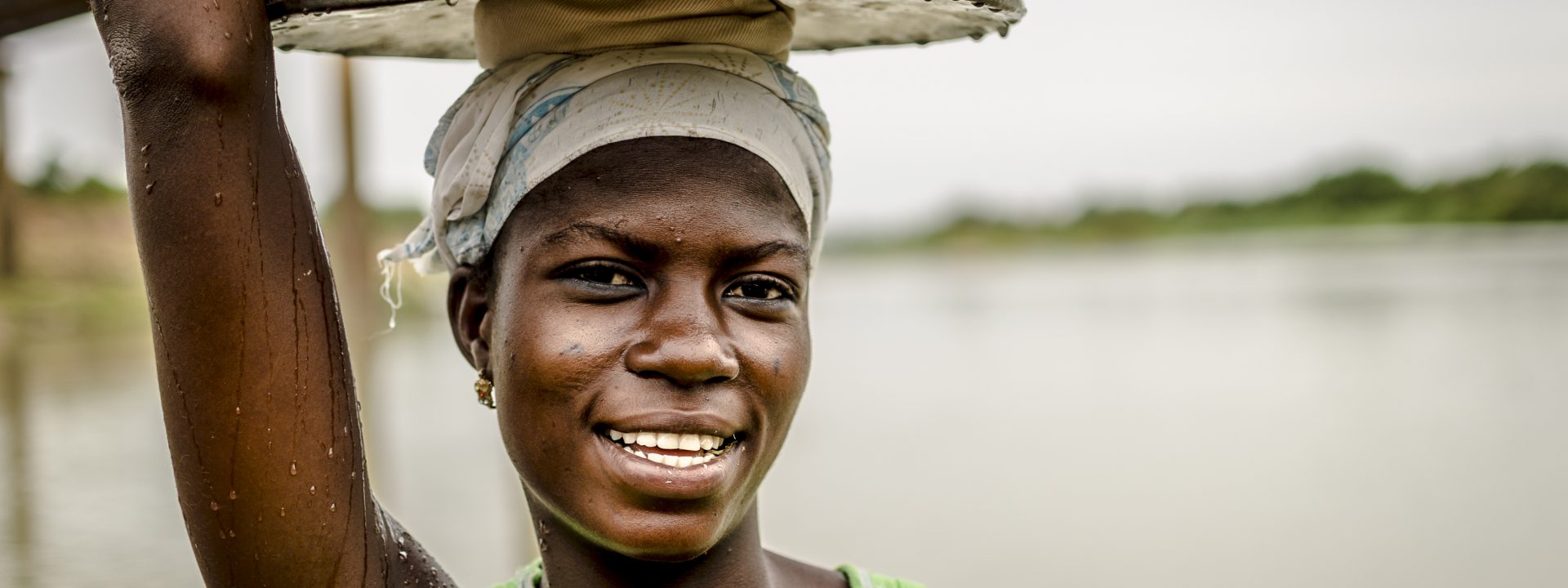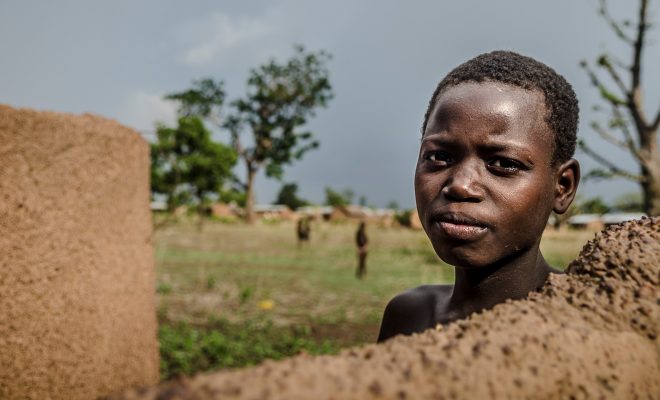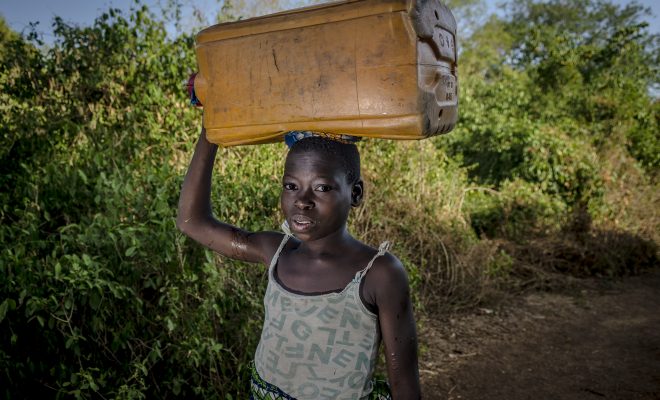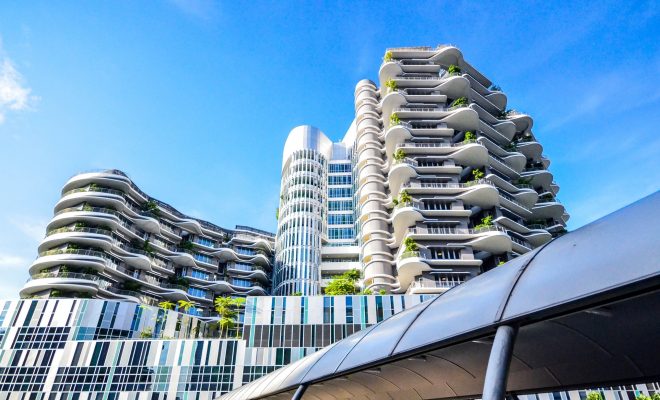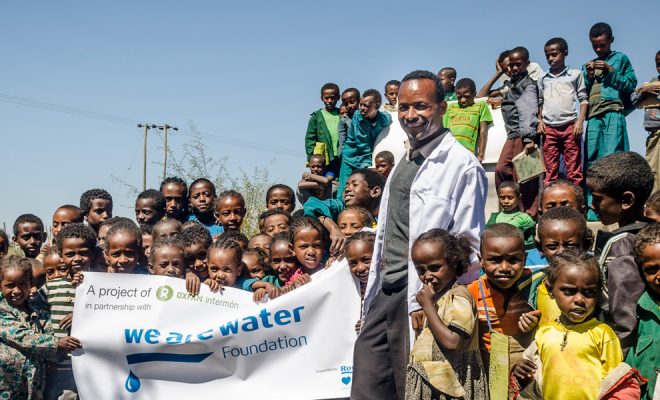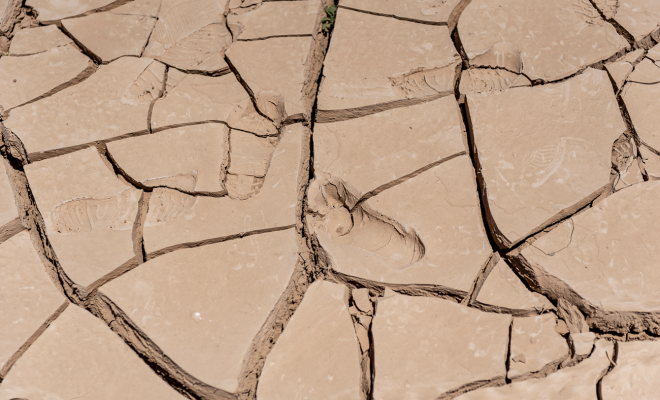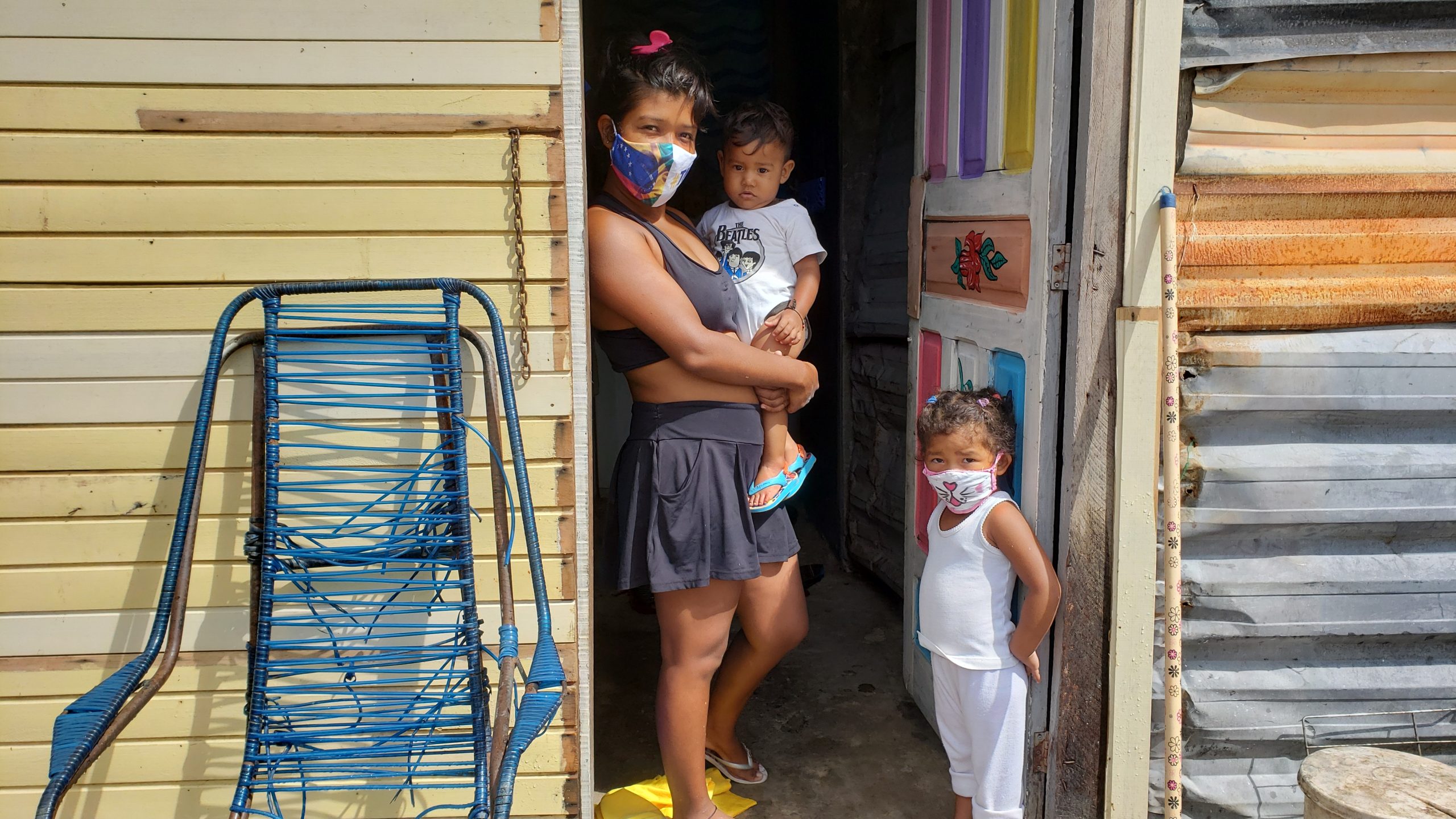
The most disadvantaged are those who suffer the worst consequences and those who face a future threatened by abandonment. © World Vision.
In addition to the broad spectrum of pain due to the loss of human lives and the health threat, the pandemic has resulted in an unprecedented economic catastrophe and has plunged most of the Earth’s inhabitants into a state of anguish caused by the uncertain future.
As is common in such cases, the most disadvantaged are those who suffer the worst consequences and those who face a future threatened by abandonment. The universe of people in need of access to water, sanitation and hygiene is one of the groups most affected by the consequences of the pandemic.
They have directly suffered from causes that are far removed from the developed world. Many of them, due to the imperatives of lockdown, have been abandoned in their needs of access to water; those living in slums have also been prevented from collecting garbage, for some families their only means of survival; many others have seen their often precarious health care disappear; likewise, the closure of schools has meant that millions of boys and girls have had their education cut short and have lost the security and food provided by schools in their dejected environment; there have also been those who have been caught up in the closure of borders, migrating, fleeing violence or poverty, in search for a place where to settle down with dignity.
Some areas are suffering the indirect consequences of the pandemic in a particularly hurtful way. Restrictions on travel and transportation of goods have cut off wealth-sharing activities, such as sustainable tourism, fair trade and educational exchanges. On the other hand, the curb on investment and international aid has significantly altered the development strategies of many governments and institutions, and has seriously jeopardized the attainment of the Agenda 2030, a goal that was already difficult before the outbreak of the pandemic.
At the epicenter of the crisis
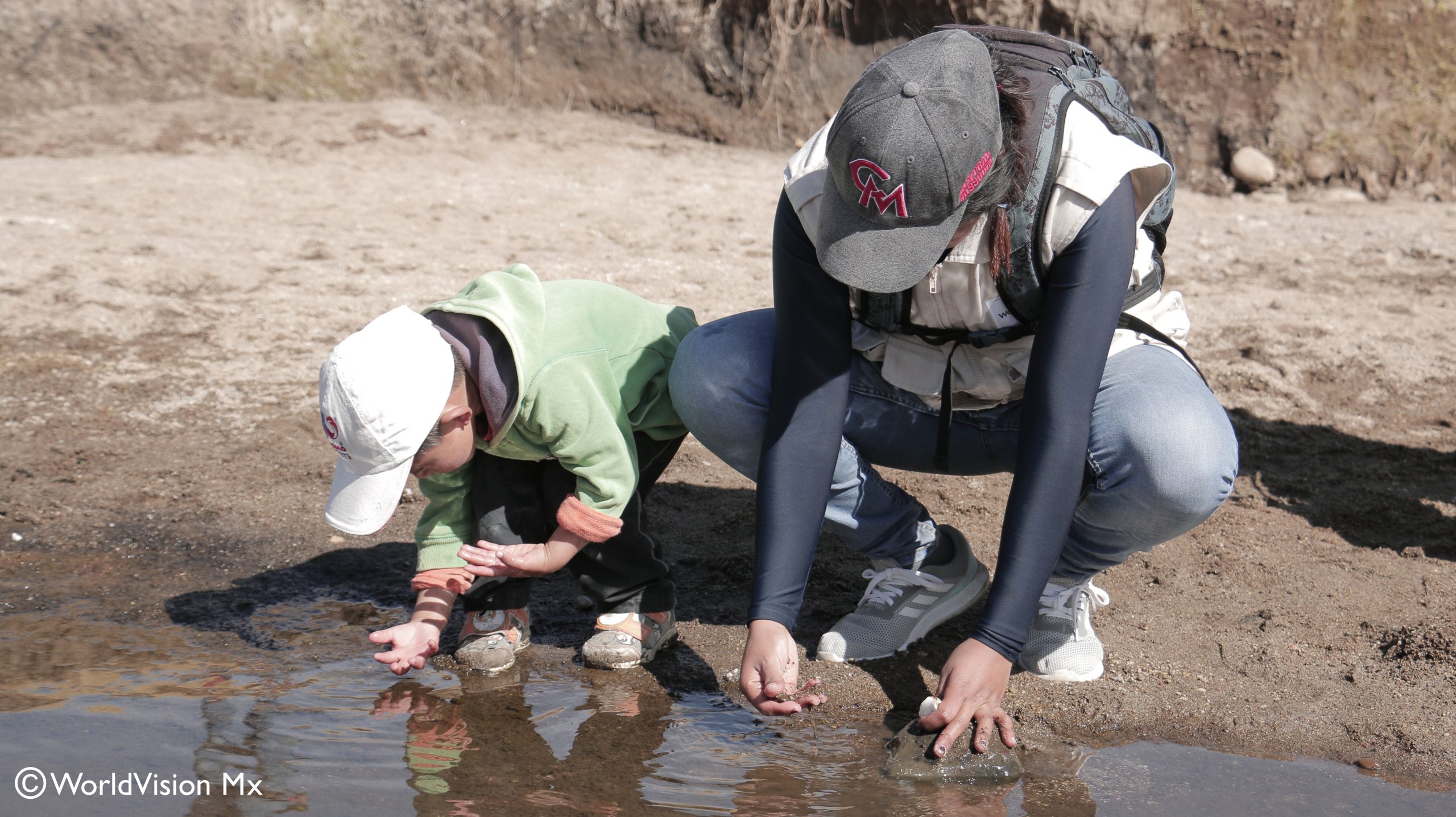
The Foundation is helping to provide water and hygiene in border areas under the demographic stress of migratory movements. © World Vision.
Water, sanitation and hygiene have proven to be more essential than ever in the fight against Covid-19. And in this hard battle, the projects started this year have enabled us to guarantee the access to these three elements to more than one million people in Africa, Asia and Latin America.
In Mexico, Mali and Brazil we are helping to provide water and hygiene in border areas under the demographic stress of migratory movements. In these frequently neglected regions, thousands of migrants and their host communities face uncertain regulations, overwhelmed by the lack of adequate facilities and the restricted access to public health services, drinking water and sanitation.
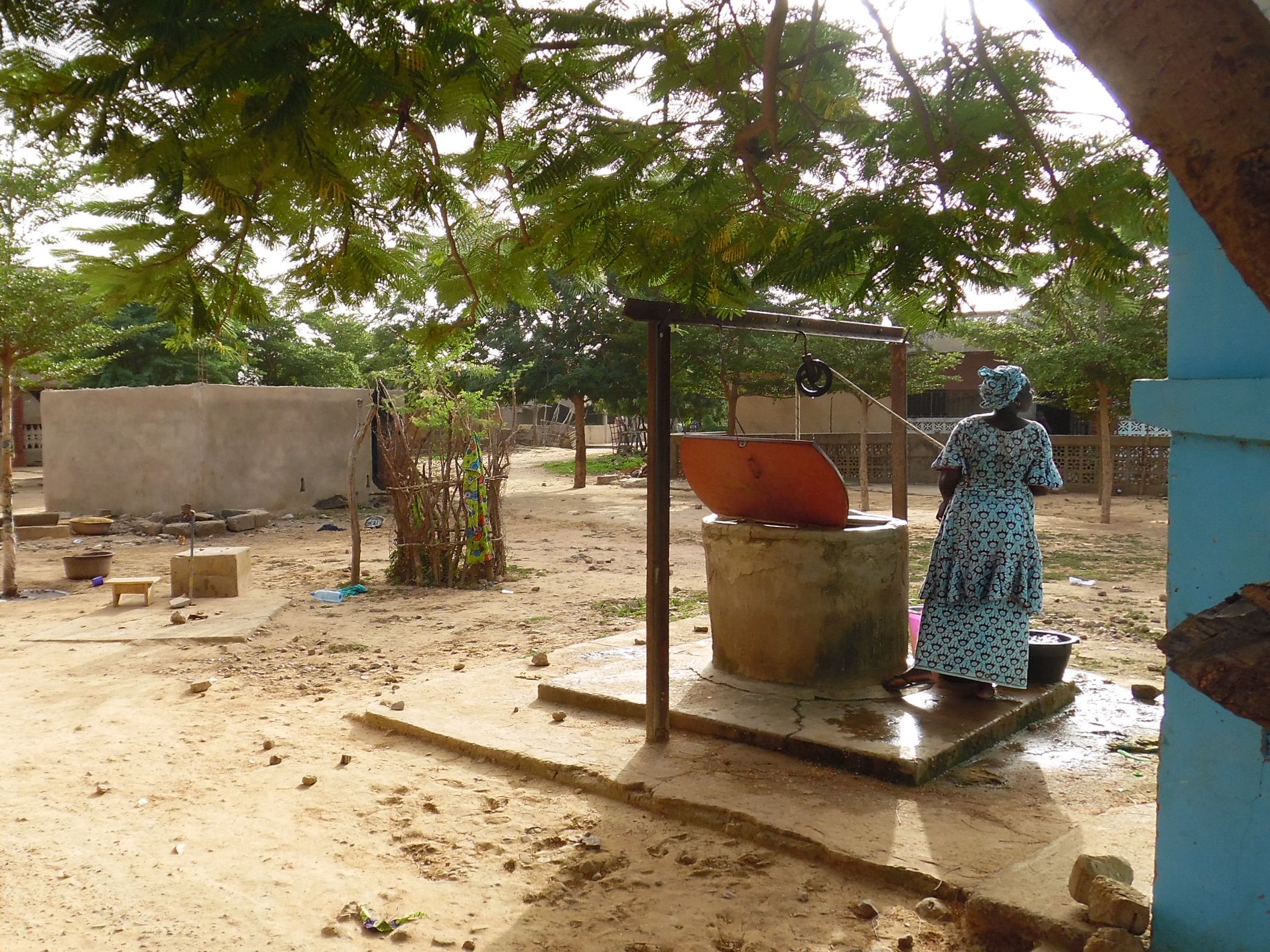
In many disadvantaged rural communities, the health problems of the pandemic have been added to the endemic lack of sanitation and hygiene knowledge.© Carlos Garriga/ We Are Water Foundation.
Hospitals are the health epicenter of the crisis caused by the pandemic. In India, in view of the lack of health resources and hygienic infrastructures, we have provided wastewater treatment facilities at the Chengalpattu hospital. In the state of Andra Pradesh, the pressure of the lack of resources joins the stigmatization of the infected and of those working to fight the infection.
In many disadvantaged rural communities, the health problems of the pandemic have been added to the endemic lack of sanitation and hygiene knowledge. In Madagascar, Indonesia and Burkina Faso we are helping to fight the scourge of open defecation, something that is essential to strengthen the resilience of communities in the face of the advance of Covid-19.
The development of infrastructures and the provision of water and sanitation management capacity are essential factors for the economic recovery of the most disadvantaged areas. In India, in the state of Rajasthan, achieving water safety to face climate change is urgent and the foundation of any development. It is necessary to strengthen rural communities, like the farming villages of the Dholpur district.
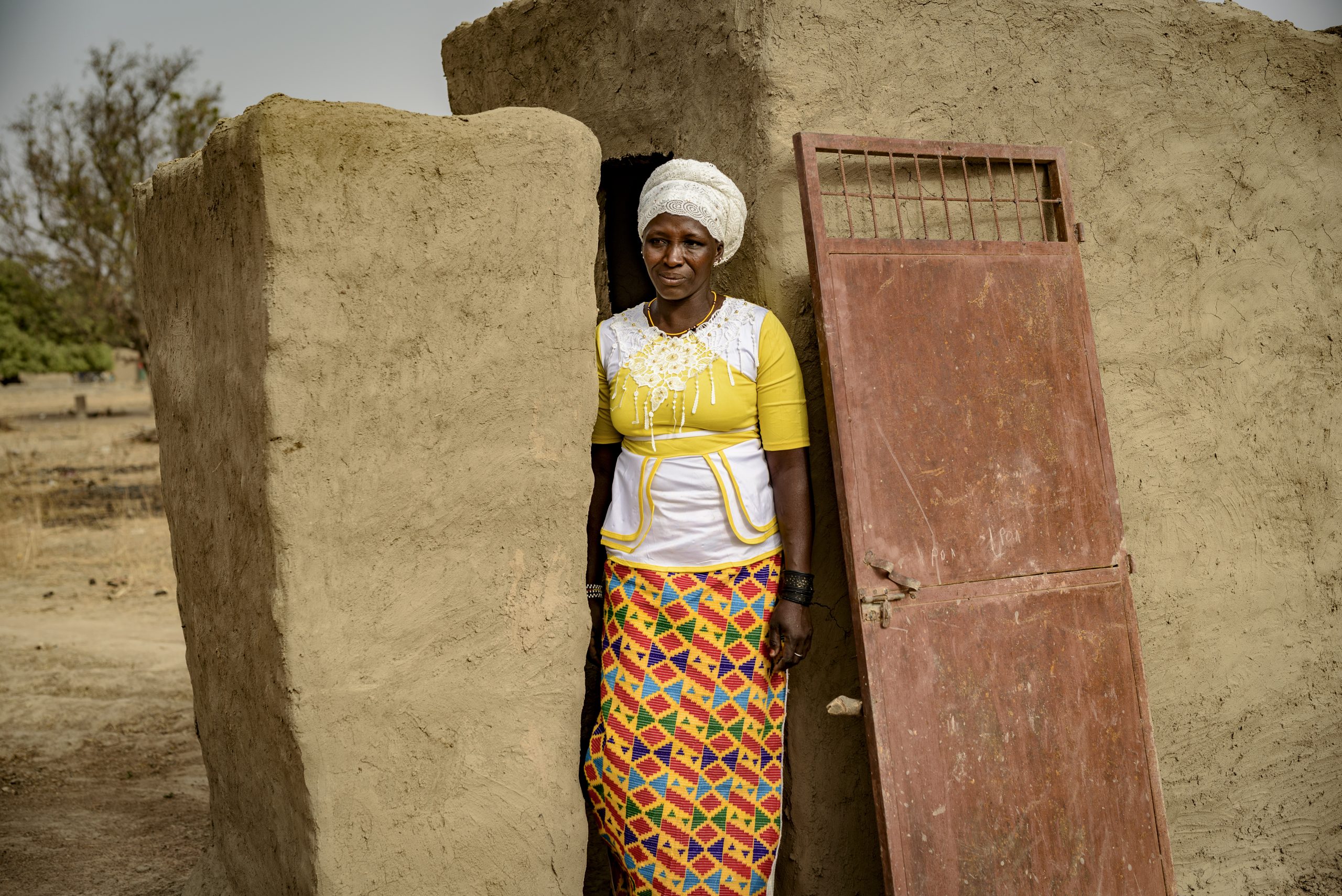
To fight the scourge of open defecation, something that is essential to strengthen the resilience of communities in the face of the advance of Covid-19. © Carlos Garriga / We Are Water Foundation.
The spread of Covid-19 in India resulted in millions of workers in informal and non-organized sectors, such as plumbers, electricians and casual laborers losing their livelihoods through the lockdown. Providing education on the causes of the pandemic and on how to prevent contagion, as well as providing aid kits and adequate protection equipment builds up their trust, making it easier for them to keep their jobs and to promote themselves to obtain new contracts.
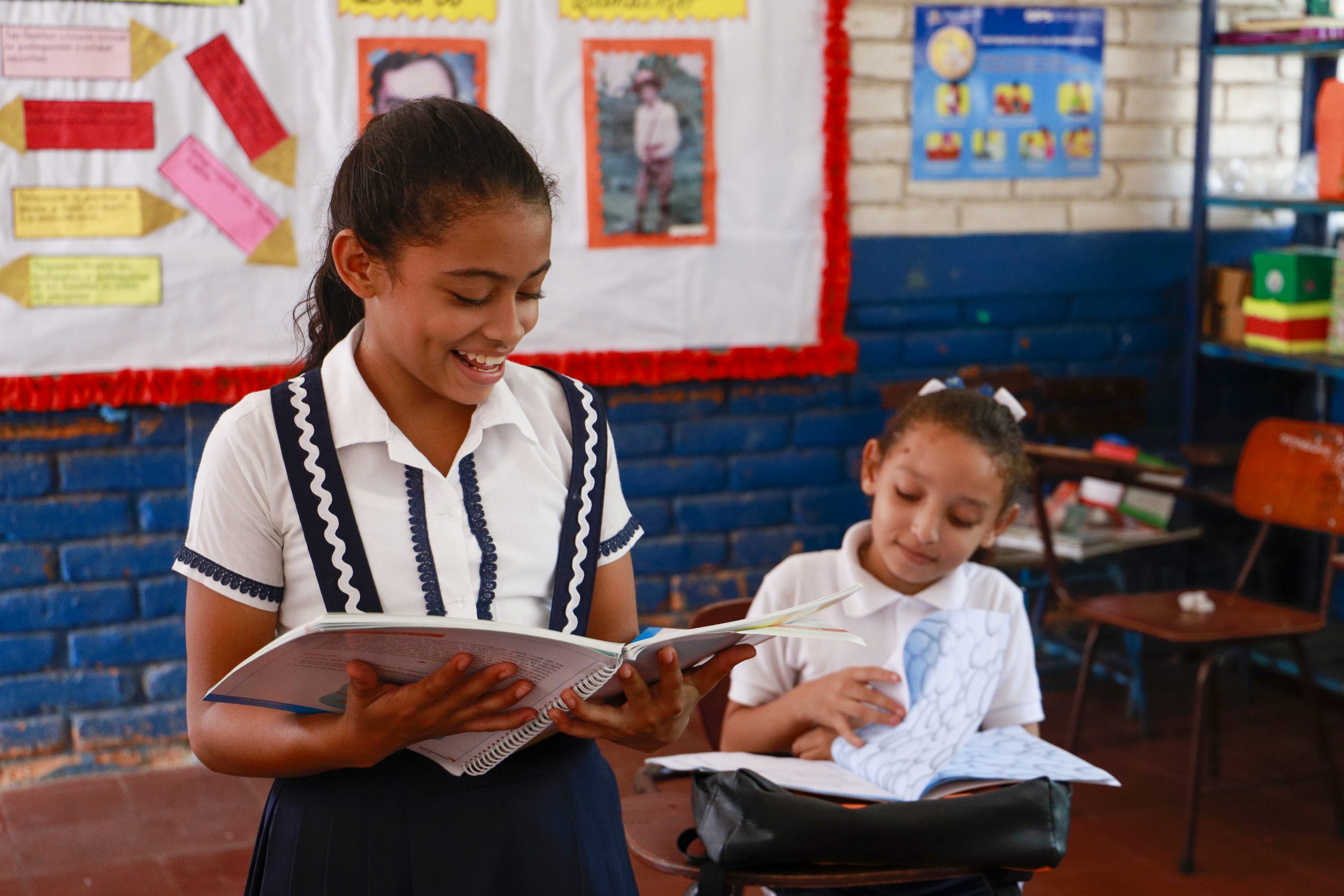
Schools are the foundation of the resilience of any community. © Carlos Garriga / We Are Water Foundation.
Schools are the foundation of the resilience of any community. Now more than ever due to the pandemic, they are the pillar of hygiene and its transmission to the rest of the community and they become the main hope for the empowerment of women. Drinking water and adequate facilities are the base of the strength of the education system and the guarantee to fully attain the SDGs. This year, with specific initiatives in schools in Morocco, Nicaragua and India we have achieved more than 205,000 benefitted students and teachers in the most neglected regions of the world.
A hopeful reaction
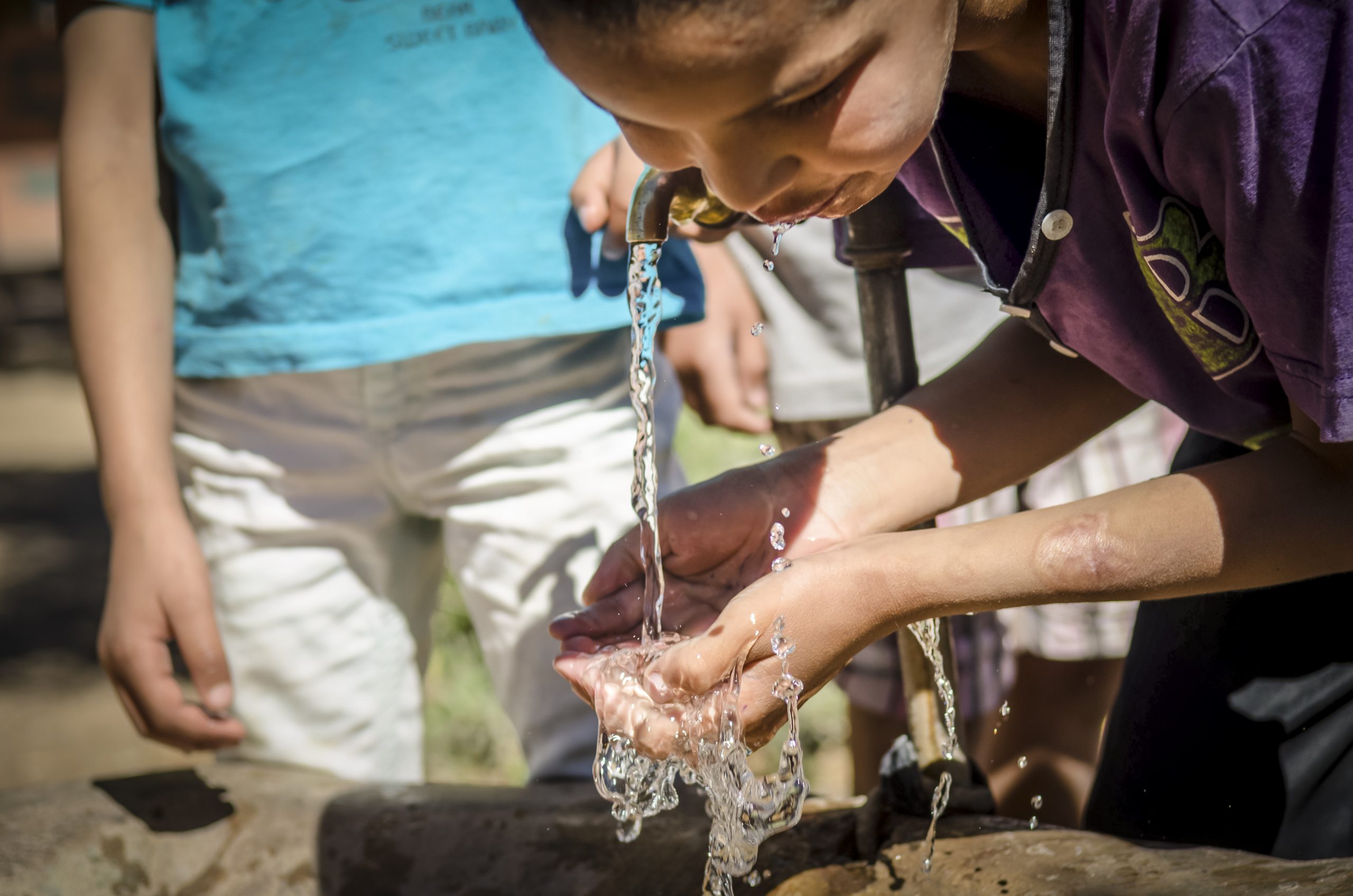
Water is the connecting thread to intelligently face this survival and justice challenge.. © Carlos Garriga / We Are Water Foundation.
This crisis is causing an unprecedented reaction in recent history and is creating a new awareness. The impetus of the Smart Water platform becomes even more relevant in the face of the universal realization that global problems cannot be isolated or unilaterally managed. Water is the connecting thread to intelligently face this survival and justice challenge, and we must do it with dialogue and cooperation to make the most of the opportunities provided by the profound change we are experiencing.
In all initiatives of this tough 2020 we have encountered human suffering, but we have also found hope. Hope generated by the knowledge of being understood and helped; hope generated by the enthusiasm and generosity of the institutions we collaborate with, which have redoubled their efforts despite the funding difficulties and in the face of mobility restrictions.
Hope can also be found in the 3,362 authors from 131 countries registered for the We Are Water Film Festival 5, who in spite of all difficulties caused by lockdowns and restrictions have provided us with 45 finalist pieces that offer an extraordinary vision of the world of water and sanitation all around the world, of its problems and solutions.
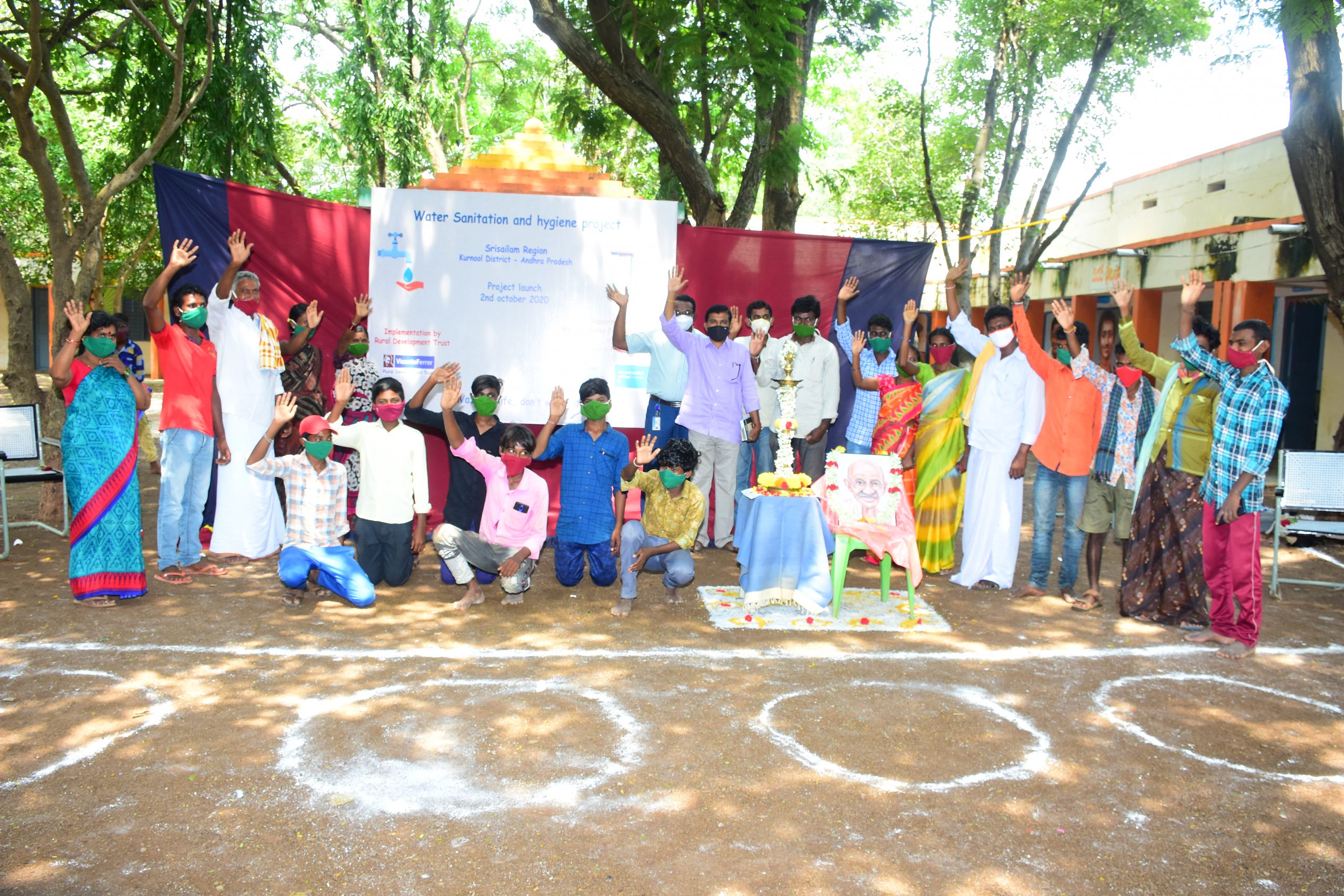
In all initiatives of this tough 2020 we have encountered human suffering, but we have also found hope. © Fundación Vicente Ferrer.
The pandemic has worsened many problems and deepened the daily drama of those who fight for their survival and a dignified life. But it has also created a new awareness: solidarity is a tangible asset that is beneficial for all of us. Being supportive immediately takes us to a world in which any solution is possible. Some mathematical models warn that new pandemics are possible and governments, companies and citizens must take them into account; just as climate models have been showing for years that the crisis caused by global warming and pollution will accompany us, threatening the attainment of the SDGs and undermining the Earth’s natural capital. Being aware that everyone’s benefit is ours, and that our benefit is everyone’s, we will achieve it. We will take a huge step forward in 2021.

Being aware that everyone’s benefit is ours, and that our benefit is everyone’s, we will achieve it. © Noaa-unsplash


